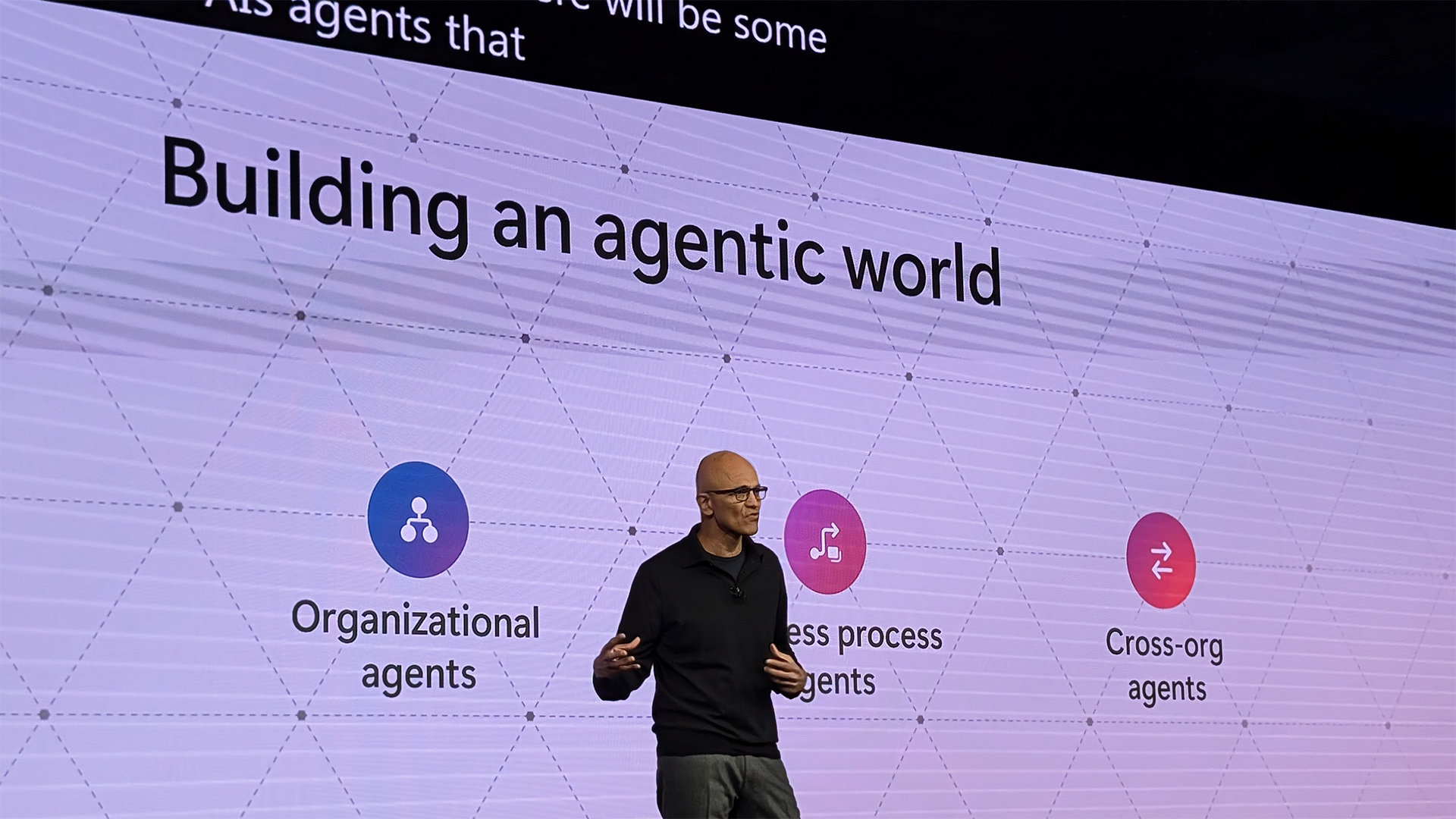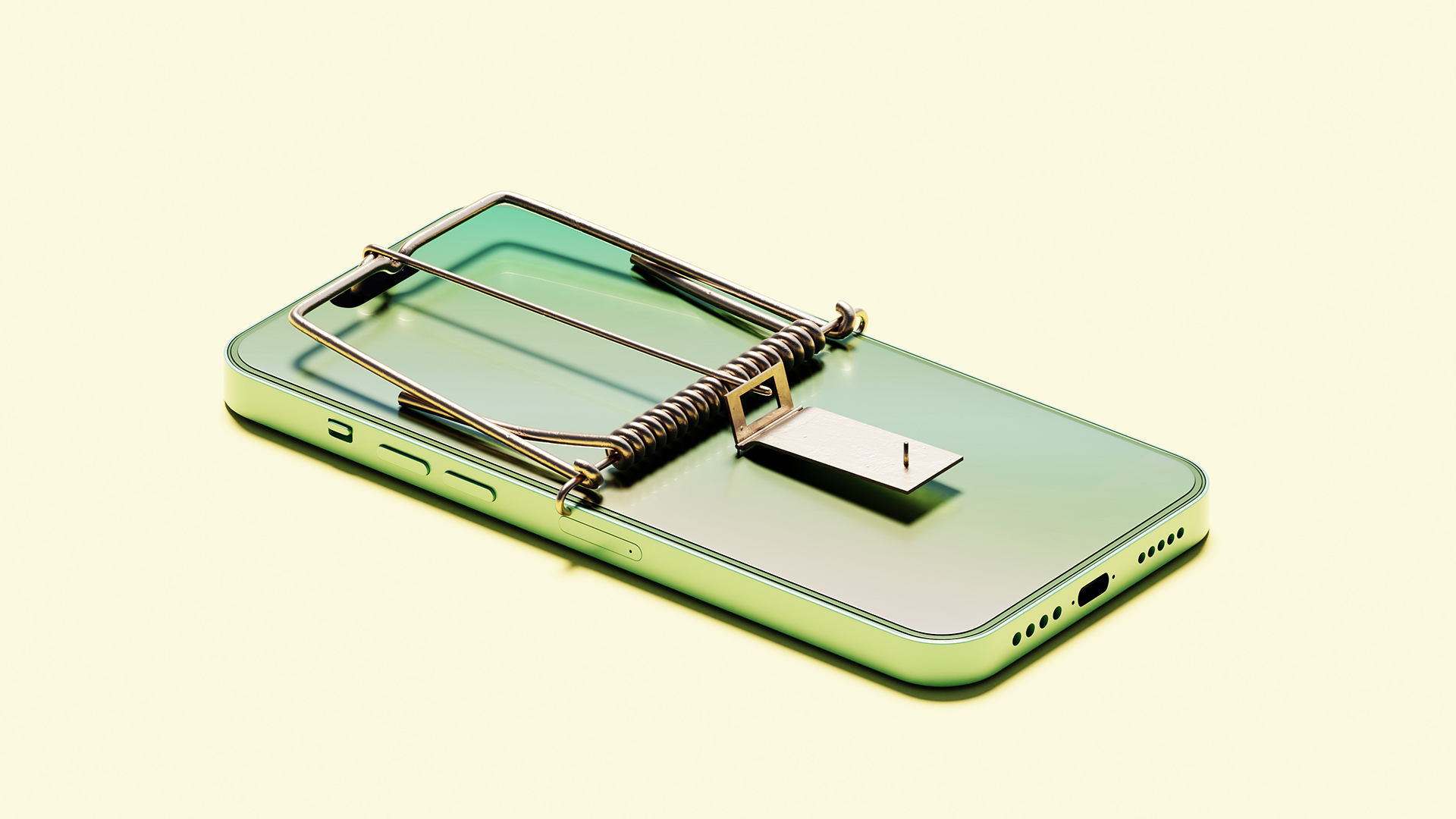NotPetya victim sues its insurance company
Zurich Insurance has cited a "nation-state action" exclusion


Sign up today and you will receive a free copy of our Future Focus 2025 report - the leading guidance on AI, cybersecurity and other IT challenges as per 700+ senior executives
You are now subscribed
Your newsletter sign-up was successful
A US food distributor that was hit by the NotPetya cyber attack is taking legal action against its insurance company for refusing to pay out on a $100m claim for damages caused by the hack.
Mondelez, which owns popular brands Oreo and Cadbury, was hit by NotPetya twice in 2017, suffering significant damage to its IT infrastructure including hardware.
According to court papers filed in Illinois, seen by the Financial Times, 1,700 of Mondelez servers and 24,000 of its laptops were rendered "permanently dysfunctional".
NotPetya was first discovered in June 2017 and, unlike most ransomware, it wasn't designed to encrypt files for extortion. Indeed, its simple goal was to cause as much damage as possible and spread within an infected network, permanently scrambling filesystems.
Both the US and UK governments have attributed NotPetya to Russian hackers attacking the Ukrainian government - claims that have been denied by the Kremlin.
Mondelez originally made claims for the cost of these damages on its property insurance policy, taken out with Zurich. The policy suggested it was covered for physical loss or damage to electronic data, software and physical damage caused by the malicious code or instruction.
The documents claim that Zurich initially promised to pay a $10 million interim payment but later refused, citing an exclusion in the policy for "a hostile or warlike action" by a nation state or people acting on its behalf.
Sign up today and you will receive a free copy of our Future Focus 2025 report - the leading guidance on AI, cybersecurity and other IT challenges as per 700+ senior executives
IT Pro has approached Zurich for comment but had not received a response at the time of publication.
Igor Baikalov, chief scientist at Securonix, believes that there's another reason to not pay out.
"Instead of a war exclusion clause, Zurich should have invoked a gross negligence clause, which is much easier to prove in this case than attribution to a nation-state, particularly considering Mondelez was hit twice by the same ransomware," he said.
"The "fool me once" proverb is fully applicable here: while many companies fall victims to ransomware, one of the first steps to recovery is to make sure it doesn't happen again."
Bobby Hellard is ITPro's Reviews Editor and has worked on CloudPro and ChannelPro since 2018. In his time at ITPro, Bobby has covered stories for all the major technology companies, such as Apple, Microsoft, Amazon and Facebook, and regularly attends industry-leading events such as AWS Re:Invent and Google Cloud Next.
Bobby mainly covers hardware reviews, but you will also recognize him as the face of many of our video reviews of laptops and smartphones.
-
 Microsoft CEO Satya Nadella talks up sovereign cloud credentials as firm announces general availability for Azure Local Disconnected, new capabilities for Foundry Local
Microsoft CEO Satya Nadella talks up sovereign cloud credentials as firm announces general availability for Azure Local Disconnected, new capabilities for Foundry LocalNews As Microsoft hands more control to customers, Satya Nadella touts the tech giant’s growing sovereign ecosystem
-
 How to use cyber-deception in your security strategy
How to use cyber-deception in your security strategyIn-depth Cyber deception allows firms to play adversaries at their own game – but how is it achieved?
-
 Ransomware gangs are using employee monitoring software as a springboard for cyber attacks
Ransomware gangs are using employee monitoring software as a springboard for cyber attacksNews Two attempted attacks aimed to exploit Net Monitor for Employees Professional and SimpleHelp
-
 Ransomware gangs are sharing virtual machines to wage cyber attacks on the cheap – but it could be their undoing
Ransomware gangs are sharing virtual machines to wage cyber attacks on the cheap – but it could be their undoingNews Thousands of attacker servers all had the same autogenerated Windows hostnames, according to Sophos
-
 Google issues warning over ShinyHunters-branded vishing campaigns
Google issues warning over ShinyHunters-branded vishing campaignsNews Related groups are stealing data through voice phishing and fake credential harvesting websites
-
 The FBI has seized the RAMP hacking forum, but will the takedown stick? History tells us otherwise
The FBI has seized the RAMP hacking forum, but will the takedown stick? History tells us otherwiseNews Billing itself as the “only place ransomware allowed", RAMP catered mainly for Russian-speaking cyber criminals
-
 Everything we know so far about the Nike data breach
Everything we know so far about the Nike data breachNews Hackers behind the WorldLeaks ransomware group claim to have accessed sensitive corporate data
-
 There’s a dangerous new ransomware variant on the block – and cyber experts warn it’s flying under the radar
There’s a dangerous new ransomware variant on the block – and cyber experts warn it’s flying under the radarNews The new DeadLock ransomware family is taking off in the wild, researchers warn
-
 Hacker offering US engineering firm data online after alleged breach
Hacker offering US engineering firm data online after alleged breachNews Data relating to Tampa Electric Company, Duke Energy Florida, and American Electric Power was allegedly stolen
-
 Cybersecurity experts face 20 years in prison following ransomware campaign
Cybersecurity experts face 20 years in prison following ransomware campaignTwo men used their tech expertise to carry out ALPHV BlackCat ransomware attacks
